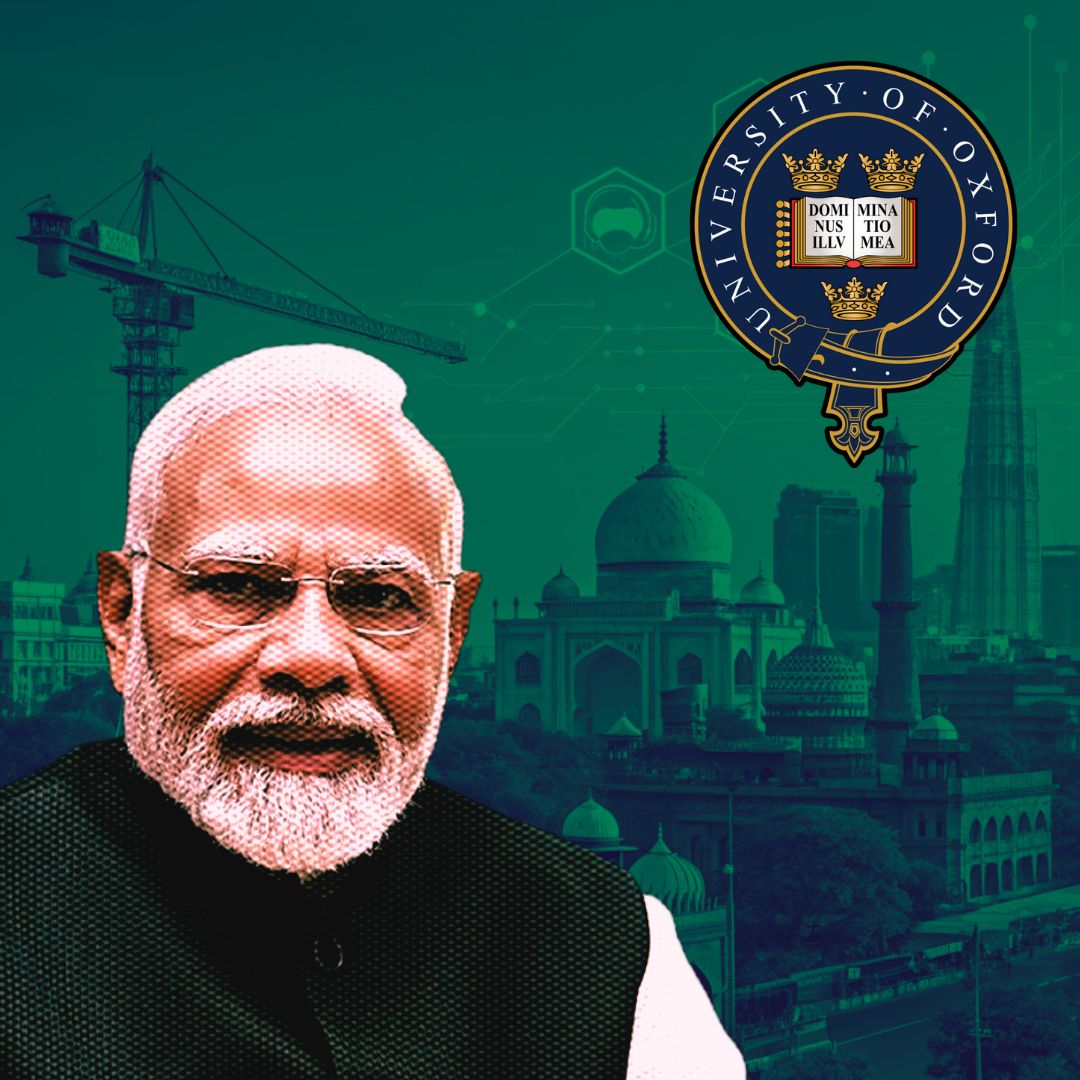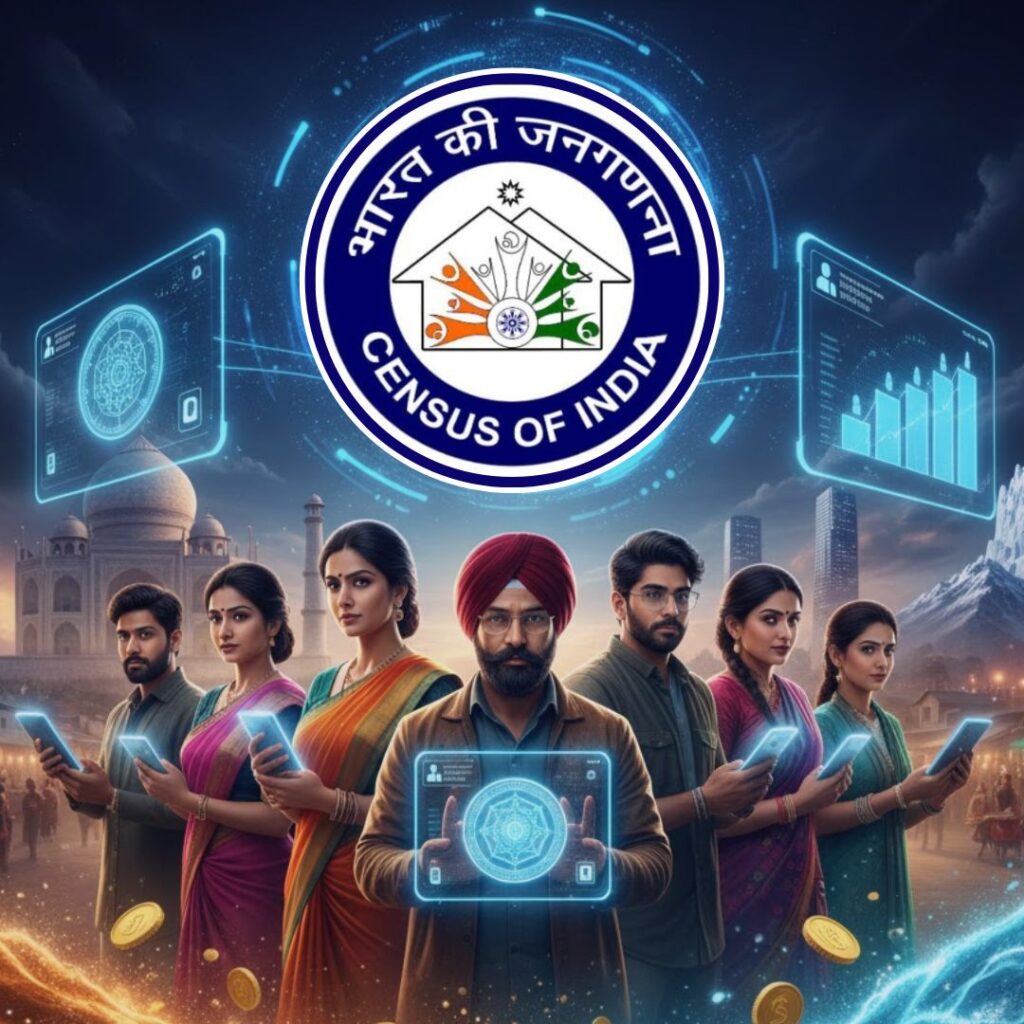A recent study by Oxford University’s Saïd Business School, in collaboration with the Gates Foundation, has highlighted the transformative impact of India’s PRAGATI platform on the nation’s infrastructure development. Launched in 2015 by Prime Minister Narendra Modi, PRAGATI—short for Pro-Active Governance and Timely Implementation—has been instrumental in accelerating 340 major infrastructure projects valued at approximately Rs 17.05 lakh crore (about $205 billion). This initiative has significantly reduced project delays from years to mere months, fostering a culture of accountability and collaboration within governance.
Understanding PRAGATI
PRAGATI was designed to address persistent delays in infrastructure projects that often stemmed from bureaucratic hurdles and lack of coordination among various government levels. By leveraging digital technology, PRAGATI facilitates real-time monitoring and regular reviews of projects, ensuring they remain on track. The platform’s unique structure allows for direct involvement from the Prime Minister, who chairs monthly review meetings with senior officials from both central and state governments.
Key Features of PRAGATI
1. High-Level Leadership: Prime Minister Modi’s active participation instils urgency and accountability among officials.
2. Digital Tools: The platform employs video conferencing, digital dashboards, and geo-spatial technology to enhance transparency and facilitate swift decision-making.
3. Collaborative Approach: PRAGATI encourages cooperation across various governmental tiers, bridging gaps that often arise due to political differences.
Transformative Impact on Infrastructure Projects
The Oxford study emphasizes how PRAGATI has revitalised numerous critical infrastructure initiatives that had been stalled for years. Notable projects include:
1. Jammu-Udhampur-Srinagar-Baramulla Rail Link: Once delayed for over a decade, this project is now nearing completion.
2. Bengaluru Metro Rail Project: The first phase became operational in 2017, with ongoing expansions facilitated by effective oversight under PRAGATI.
3. Navi Mumbai Airport: This vital project has progressed significantly due to PRAGATI’s structured review process.
4. Chenab Bridge: Currently the world’s highest rail bridge, part of ongoing infrastructure development.
The study highlights that many projects transitioned from stagnation to active development, showcasing how strategic oversight can effectively overcome bureaucratic inertia.
Lessons in Good Governance
The findings from the Oxford study suggest that India’s experience with PRAGATI offers valuable lessons for other nations seeking to enhance their infrastructure capabilities. Soumitra Dutta, Dean at Saïd Business School, noted that countries must cultivate environments where leadership actively engages with technology to drive accountability and collaboration.
Conclusion
The success of the PRAGATI platform exemplifies a significant shift in India’s approach to managing infrastructure projects. By combining leadership involvement with technological advancements and collaborative governance, PRAGATI has established a model for effective public administration. As countries worldwide face similar challenges in infrastructure development, adopting insights from India’s experience could pave the way for enhanced efficiency and accountability in governance.
The Logical Indian’s Perspective
At The Logical Indian, we view the success of initiatives like PRAGATI as a testament to good governance rooted in empathy and cooperation. This model not only promotes infrastructural development but also fosters harmony among diverse political landscapes. As we witness this positive transformation in governance, we encourage our readers to reflect on how such frameworks can inspire constructive dialogues within their communities.
What are your thoughts on the role of technology in enhancing governance? How can we encourage collaborative efforts for societal progress? Share your views in the comments below!












